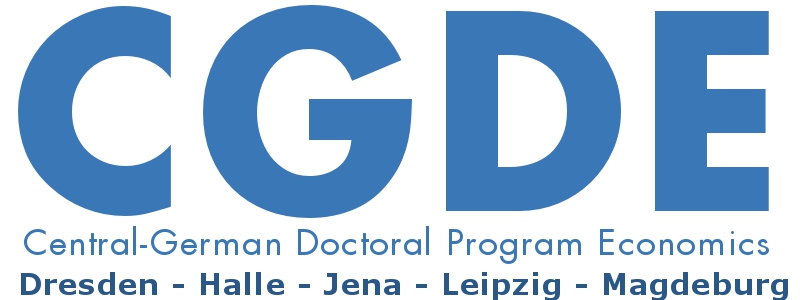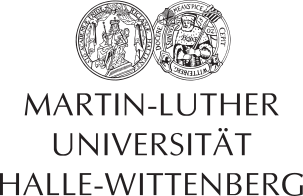Frontiers in Microeconomics
Lecturer: Prof. Ph.D. Juan Moreno-Ternero (Universidad Pablo de Olavide, Sevilla)
Date: September 17 – 20, 2013
Venue: Halle Institute for Economic Research (IWH) Kleine Maerkerstrasse 8 06108 Halle (Saale) conference room (ground floor)
Registration: Please contact Annett Hartung, Phone: +49 345 7753 751, E-mail: annett.hartung@iwh-halle.de, until 15 July 2013.
Content
We will talk about various normative criteria that allow us to compare different economic systems or economic allocations. Efficiency is the best-known criterion. We will talk about both efficiency and distributive justice and discuss how to achieve the two goals at the same time. The First and the Second Welfare Theorems are useful starting points that justify the so-called market system on the basis of efficiency and fairness, under the assumptions of competitiveness and market completeness. There are different approaches to formulate a criterion of fairness or distributive justice. We shall focus on studying how should be the rules for sharing goods and burdens, or for allocating different kinds of goods among members of a society. We shall also study problems involving conflicting individual claims for which, either institutions make the choices and claimants are not the sole arbiters of the outcome, or the distribution is decided directly by the claimants as a result of a bargaining process. We shall also be concerned with the possibility of deriving the objectives of a policy maker as an aggregation of the preferences of the agents in the economy, and of doing so in a manner that could be deemed as satisfactory according to a number of desiderata.
Below is a tentative outline of the course. Some additional topics may be added or some may be subtracted depending on the time constraints.
1. Introduction
2. Some canonical models of distributive justice
3. General equilibrium theory
4. Voting on what is fair
5. Fair bargains
6. Cost sharing
7. Equality of opportunity
Grading and Material
Grading will be mainly based on a final (written) exam, or a short paper assignment, although there will be other (partial) assignments that might help you to improve the grading from the final exam.
Required Readings
There is no book for this course, although I will partly base my lectures on some of the references given below. We will rely on lectures and discussion.
Literature
[1] Feldman, A., Serrano, R. (2006): Welfare Economics and Social Choice Theory, second edition. Springer, New York.
[2] Fleurbaey, M., Maniquet, F. (2011): A Theory of Fairness and Social Welfare, Econometric Society Monograph, Cambridge University Press.
[3] Gaertner, W. (2006): A primer in Social Choice. Oxford University Press.
[4] Hougaard, J., Moreno-Ternero, J.D., and Østerdal, L., (2013): A new axiomatic approach to the evaluation of population health. Journal of Health Economics. Forthcoming.
[5] Mas-Colell, A., Whinston, M., Green, J. (1995): Microeconomic Theory. Harvard University Press, Cambridge MA.
[6] Moreno-Ternero, J.D., Roemer, J. (2006): Impartiality, priority and solidarity in the theory of justice. Econometrica, Vol. 74, No. 5, 1419-1427.
[7] Moulin H. (2000): Priority rules and other asymmetric rationing methods. Econometrica, Vol. 68, No. 3, 643-684.
[8] Moulin, H. (2003): Fair Division and Collective Welfare, MIT Press, Cambridge, MA.
[9] Roemer, J.E. (1996): Theories of Distributive Justice, Harvard University Press, Cambridge MA.
[10] Roemer, J.E. (1998): Equality of Opportunity, Harvard University Press, Cambridge, MA.
[11] Thomson W. (2011): A Guide for the Young Economist, second edition. MIT Press, Cambridge, MA.
[12] Thomson W. (2003): Axiomatic and game-theoretic analysis of bankruptcy and taxation problems: a survey, Mathematical Social Sciences, Vol. 45, 249-297.
[13] Thomson W., Lensberg T. (1989): Axiomatic Theory of Bargaining with a Variable Number of Agents, Cambridge University Press, Cambridge, MA.
[14] Young P. (1994): Equity: In Theory and Practice, Princeton University Press, Princeton, NJ.























